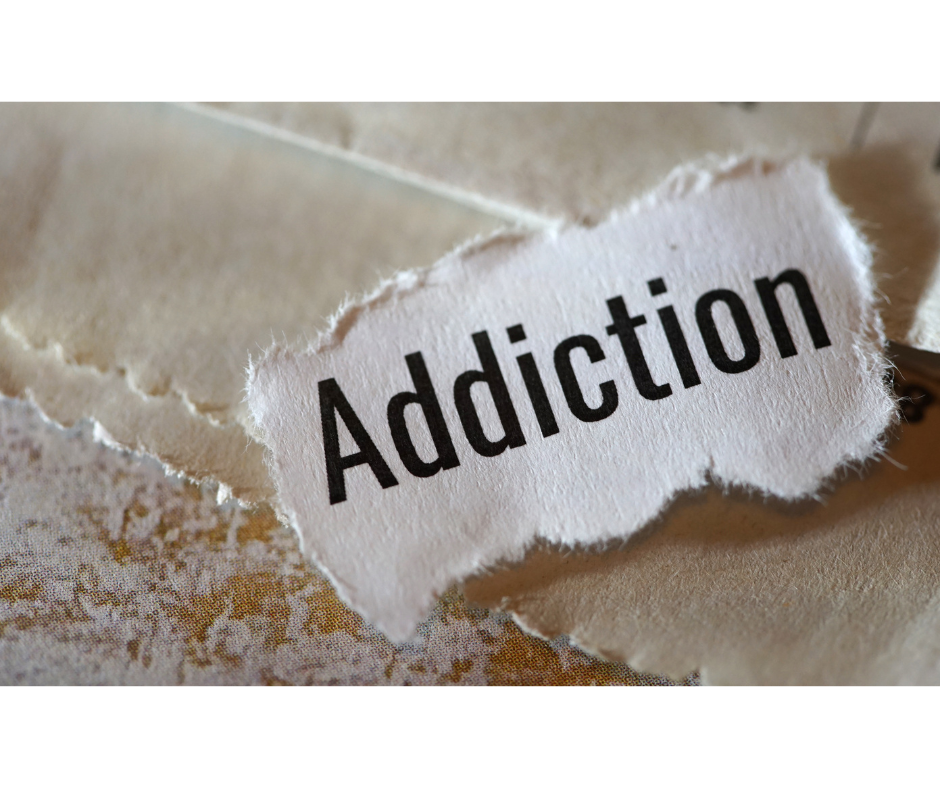
Addiction is often associated with the overuse of substances or negative behaviors, such as smoking, alcohol, pornography, gambling, and self-harm. But why does addiction, which can harm us, occur? Does repeated exposure to harmful substances like drugs always lead to addiction?
Based on my research and study of trauma, addiction, mental health, and other areas related to human behavior, I have concluded that addiction serves a purpose. It satisfies a person’s underlying needs and desires.
The symptoms of addiction are not the problem, nor is the substance itself the cause of the addiction. For example, individuals who struggle with a smoking addiction may have underlying reasons such as feeling unwanted, rebelling against authority, seeking external validation, connecting with loved ones, or coping with difficult emotions.
It is important to note that there is a negative stigma surrounding those who use substances to fulfill their addictive needs, yet we often forget that some individuals are addicted to activities like work, exercise, or even healthy eating.
When someone engages in moderate exercise and healthy eating, it can be seen as a positive habit. However, if the behavior becomes extreme and the person experiences discomfort, anxiety, or panic when unable to exercise or eat organic food, it could be a sign of an addiction. For example, if a person becomes addicted to exercise and healthy eating after losing a loved one due to an unhealthy lifestyle, it could be a means for them to regain a sense of health and security and overcome the fear and trauma caused by the loss.
Addiction can be viewed as the subconscious mind’s way of serving a purpose, even if the behavior is harmful. When the conscious and subconscious minds are in conflict, the subconscious mind tends to take control. This raises the question of why we should fight addiction with willpower, deprivation, or abreaction therapy.
At Miracleofminds, we believe in understanding addiction as a means for the subconscious mind to serve a purpose and addressing the underlying cause, rather than simply treating the symptoms. Our approach involves helping clients clear their emotional baggage, uncover the purpose behind the addiction, and address it before working on subconscious coaching to release the need for the addiction.